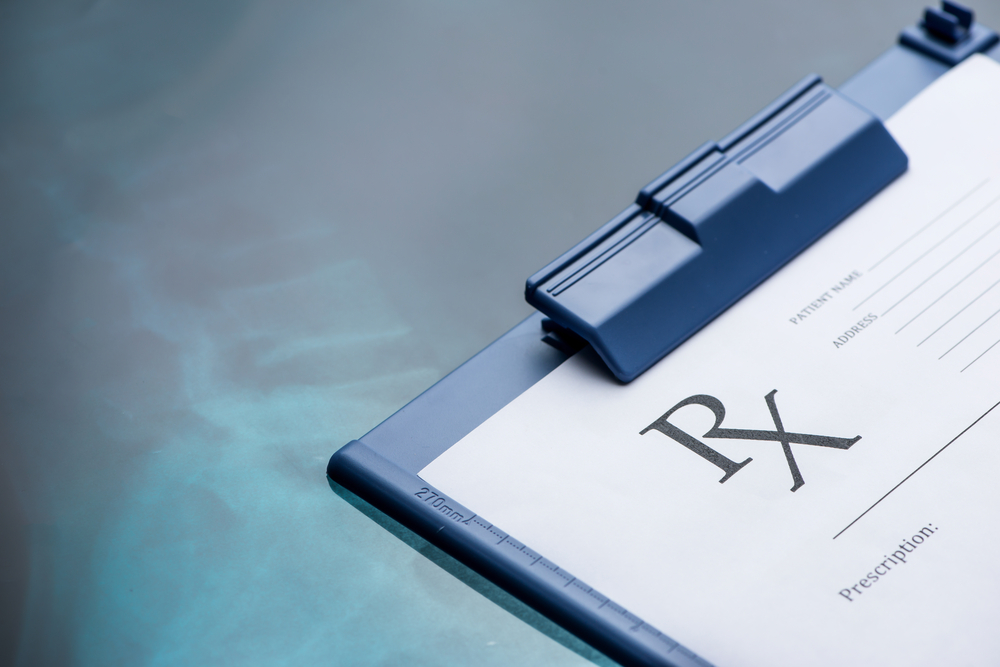As the United States grapples with the opioid epidemic, fatal overdoses continue to plague both urban and rural communities. Naloxone, commonly referred to by the trade name Narcan, is a medication that helps treat overdoses. According to the American Medical Association and the Surgeon General of the United States, the administration of Naloxone to an individual not under the influence of opioids is safe, and the medication has no recreational value. As a result, lawmakers and public health organizations in Nebraska and across the country have been working to increase access to Naloxone. Some school districts and their nurses have inquired about the drug, wondering if it would be lawful and prudent to stock it so that it may be administered in the event of an overdose. Under Nebraska law, it is lawful to obtain and administer Naloxone in order to assist a person overdosing on opioids, and it can be obtained at pharmacies throughout the state without an individualized prescription.
Neb. Rev. Stat. § 28-470
In 2015, Senator Adam Morfeld introduced a bill to increase access to Naloxone and provide protection for those who administer the drug to an individual in need. After stumbling over a few procedural hurdles, the Naloxone provisions were added as an amendment to a larger bill that addressed the criminal drug statutes and the use of cannabidiol. The legislation was approved by the governor in May, 2015, and the Unicameral made minor amendments in subsequent sessions.
Codified as Neb. Rev. Stat. § 28-470, the statute provides that:
“(1) A health professional . . . may prescribe, administer, or dispense naloxone to . . .
A person who is apparently experiencing or likely to experience an opioid-related overdose; or
A family member, friend, or other person in a position to assist a person who is apparently experiencing or who is likely to experience an opioid-related overdose. . . .”
The law allows for Naloxone to be obtained by a “person in a position to assist a person who is apparently experiencing or who is likely to experience an opioid related overdose.” So long as a school nurse or similarly situated individual meets this requirement, a health professional, such as a pharmacist, may dispense Naloxone to that individual.
Liability Concerns
The law provides some protections to an individual in administering Naloxone. It reads:
“A . . . person who is in a position to assist a person who is apparently experiencing or who is likely to experience an opioid-related overdose . . . is not subject to actions under the Uniform Credentialing Act, administrative action, or criminal prosecution if the person, acting in good faith, obtains naloxone from a health professional . . . and administers the naloxone . . . to a person who is apparently experiencing an opioid-related overdose.”
While the law protects a person from professional, administrative, and criminal liability, it does not provide protection against civil liability. Under the statute, only peace officers, law enforcement officers, and emergency responders are provided immunity from civil claims.
Despite the lack of immunity, the risk of civil liability for administering Naloxone remains low. According to the medical experts, there is no harm if the drug is administered to an individual who appears to be, but is not actually, suffering from an opioid overdose. Administering the medication to an individual who is under the influence of opioids blocks the interaction between the opioids and the brain, and in many cases restores respiratory function. It should be noted that this can send an opioid addict into withdrawal, and emergency medical services should always be contacted when Naloxone is administered.
Conclusion
It is easy to understand why many school districts and school nurses are interested in obtaining Naloxone. In most cases, the recently passed legislation in Nebraska should allow for just that. Under a similar statute in Massachusetts, over half the state’s school districts began stocking Naloxone.
We believe that schools may lawfully stock Naloxone in Nebraska. However, it is important that districts ensure they lawfully obtain the medication and that they take steps to mitigate potential liability. If you have any questions about this, or any other issue, we encourage you to contact your school attorney, or call Karen, Steve, Bobby, or Tim.

